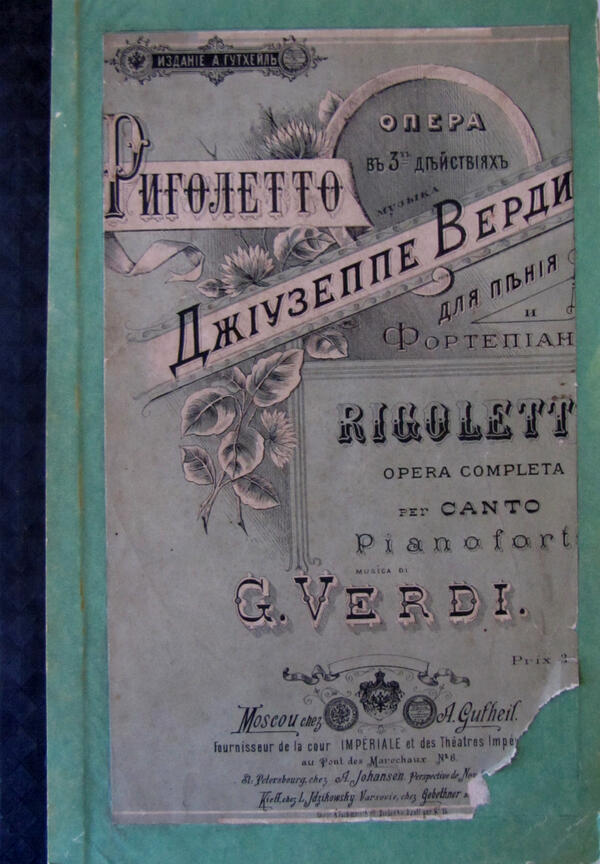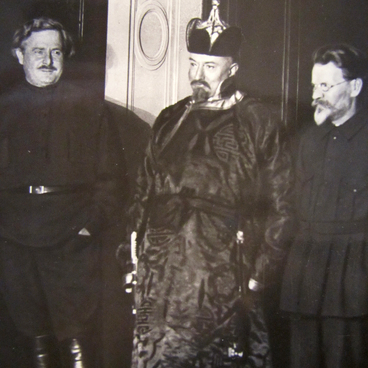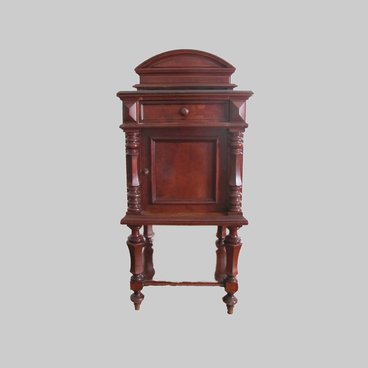Children in the family of Zhorzhina and Vasily Chicherin grew up in an atmosphere of versatile education. However, playing music had their special attention and love.
The eldest son, Nikolay Chicherin, owned the flute, piano and violin, and was also interested in the history and theory of music. Like his brother, he was a fan of the works of Wolfgang Amadeus Mozart, the Austrian composer.
The youngest son, Georgy Chicherin, also mastered the piano. And from the preserved documents it is known that he communicated with prominent cultural figures when preparing a ‘research study’ called ‘Mozart’. For example, he corresponded with Eugene Braudo, a music researcher and teacher, or with Viktor Kubatsky, a violoncellist and instrument collector.
The only daughter, Sophia Chicherina, knew how to play not only the piano, but also the zither.
In addition to these musical instruments, there was even a place for a grand piano in the spacious estate. Not surprisingly, the library had a volume with music sheets by Giuseppe Verdi.
The book contains the opera ‘Rigoletto’ in three acts, which the Italian composer created in 1850-1851. Like his other works, the libretto was written in his native language by Francesco Maria Piave. The plot is based on the play The King Amuses Himself in five acts, published in 1832 by Victor Hugo, a French writer.
Giuseppe Verdi praised his own work:
The eldest son, Nikolay Chicherin, owned the flute, piano and violin, and was also interested in the history and theory of music. Like his brother, he was a fan of the works of Wolfgang Amadeus Mozart, the Austrian composer.
The youngest son, Georgy Chicherin, also mastered the piano. And from the preserved documents it is known that he communicated with prominent cultural figures when preparing a ‘research study’ called ‘Mozart’. For example, he corresponded with Eugene Braudo, a music researcher and teacher, or with Viktor Kubatsky, a violoncellist and instrument collector.
The only daughter, Sophia Chicherina, knew how to play not only the piano, but also the zither.
In addition to these musical instruments, there was even a place for a grand piano in the spacious estate. Not surprisingly, the library had a volume with music sheets by Giuseppe Verdi.
The book contains the opera ‘Rigoletto’ in three acts, which the Italian composer created in 1850-1851. Like his other works, the libretto was written in his native language by Francesco Maria Piave. The plot is based on the play The King Amuses Himself in five acts, published in 1832 by Victor Hugo, a French writer.
Giuseppe Verdi praised his own work:



